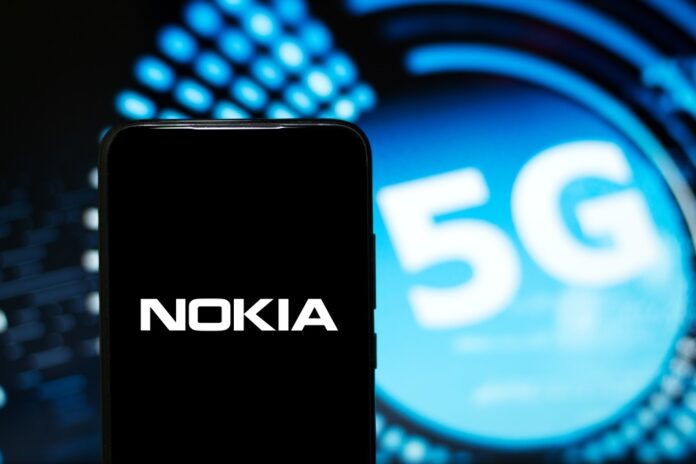Nearly 4Gbps across macro cells backhauling in places fibre can’t go
Nokia claims it achieved a 9.85 Gbps backhaul capacity on Indian operator Vodafone Idea’s 5G network in Gujara recently. The data speed record broken by packets travelling across small and micro cells using the E-band (60GHz to 90GHz) spectrum.
The breakthrough means Nokia might offer European mobile operators more technical options for backhaul when fibre is not available.
The experiment was supported by Nokia’s Wavence backhaul system. Nokia recently unveiled new choices for engineers using Wavence to create indoor and outdoor backhaul solutions for mobile operators. A recent upgrade introduced new inventions for short-haul, long-haul, E-Band and software defined networking. It also introduced new Cross Polarisation Interference Cancellation (XPIC) technology. Those improvements may have paid dividends in the trial of E-band’s potential.
Who needs fibre now?
Vodafone Idea was keen to explore the use of spectrum in the 3.3GHz-3.6GHz band and millimeter wave (mmWave) band (24.25GHz-28.5GHz). The upshot of the tests is that the operator claimed a download speed of 1.5 Gbps in 3.5 Ghz bands in test networks in Gandhinagar and Pune. In lab conditions in Pune its speed surpassed 3.7 Gbps during its mmWave trials, as it bench tested an end-to-end captive network with a cloud core, new generation transport and radio access network.
Previously Vodafone Idea and Nokia collaborated on what they claimed as the world’s biggest installation of Dynamic Spectrum Refarming (DSR) in India, as well as the country’s biggest massive Multiple Input Multiple Output (mMIMO) installation. Vodafone Idea was the first mobile operator to test DSR. India’s use of data has increased around fifty-fold in four years, according to Nokia MBiT Index 2020.
When connectivity is crucial these technologies will help operators boost network capacity and improve the customer experience, said Sanjay Malik, Nokia’s head of India.



